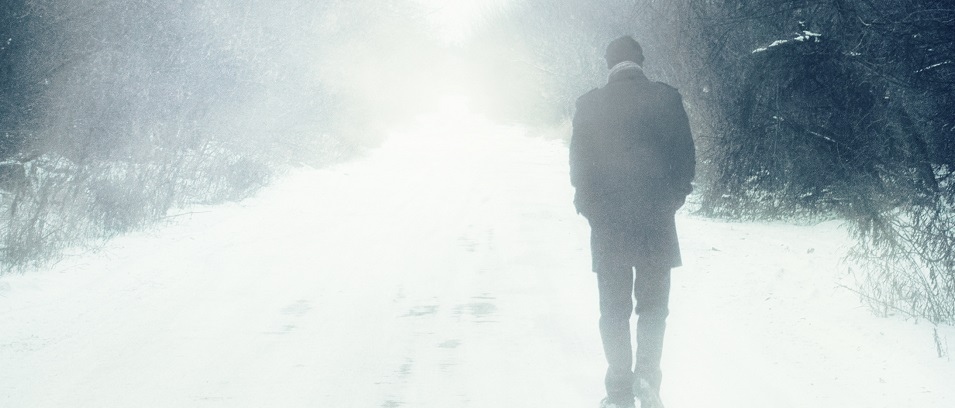
The winter months can be hard. Short days, long nights, cold weather, and shoveling metric tons of snow can all be demoralizing—especially when the snow falls again a day or two later. It’s normal to feel a little down when we can’t be outside sunning ourselves like lizards on warm rocks.
However, for some people the winter months are a season of true darkness. Their personalities change, their lives shrink, and even the winter sunlight can’t seem to warm them.
The experience of winter for these people is more than just a challenge. It can seem like a switch has been flipped, changing their perception of the world and of themselves. Then, just as suddenly, when the days lengthen and spring has sprung the mood lifts like fog burned away by the rising sun.
If this sounds familiar for you or someone you care about, you could be dealing with a case of a short-lived but still very real mental health issue.
Seasonal affective disorder, sometimes abbreviated as SAD, is a term coined by South African psychiatrist Norman E. Rosenthal. Rosenthal moved to the United States to practice psychiatry, and he first described this disorder during his research in the 1980s. Interestingly, it was his own move from the warm climate of South Africa to the more variable climate of New York that led to his interest in the subject.
Thanks to his research, many people who were dismissed as just having the “winter blues” were taken seriously, and now seasonal affective disorder is an acknowledged reality for many people, especially here in the Great White North.
Seasonal affective disorder can include many symptoms that are generally associated with regular depression, but with a unique twist: they only show themselves between the fall and winter months.
During this period, people struggling with seasonal affective disorder may experience the following uncharacteristic symptoms: frequent and persistent low mood, excessive tiredness and lethargy, sleeping more than usual, loss of interest in previously enjoyed activities, difficulty concentrating or “brain fog,” weight gain, feelings of hopelessness or worthlessness, and suicidal thoughts.
The key criteria for seasonal affective disorder is its uncharacteristic nature; it seems very divergent from an individual’s normal functioning. During warmer months, or when taking trips to sunnier climates, people struggling with this experience tend to experience a return to baseline—to their normal way of functioning.
While this is a good thing for the travel industry, not all of us can afford a trip to Cuba in the midwinter to bring our moods up.
Thankfully, there are less expensive options for mitigating these symptoms.
Treatment for seasonal affective disorder is closely aligned with its proposed cause—a change in the amount of environmental light. Rosenthal, as well as many other researchers, drew a connection between the change in light and temperature in winter and the increased lethargy/decreased mood of people with this disorder. This is consistent with the experience of many animals during winter, even those that do not hibernate. They are slow, move less, sleep more, and consume more calories in order to stay warm and sated during times of cold, dark weather.
In order to undo these feelings, we have to simulate a return to spring or summer, inspiring our highly evolved (yet still mammalian) systems to start up again.
For this reason, light—specifically, the use of bright light therapy (BLT)—is a treatment of choice for many practitioners. While research into its use has been limited, some evidence does suggest that sitting with “full spectrum” lights has a marked benefit on one’s overall mood.
Recent research suggests that antidepressants may have some benefit as well, but in some cases the medication is no more effective than BLT.
Talk therapy (speaking to a counsellor or psychotherapist) has also been indicated to have some positive effect. It can be helpful to have an outside voice bring perspective to the uncharacteristic and sometimes overwhelming feelings of hopelessness and worthlessness this condition can bring.
Most importantly, acknowledging how you feel is the first step towards anything getting any better. Sometimes people are afraid they would be a burden if they disclosed that they were experiencing a mental health struggle. Especially in the dark of winter, with its accompanying unwelcome and uncharacteristic feelings of despair, we are all too ready to believe that fear.
Discussing your mental health concerns with people who care about you gives you the chance to start getting better and gives them the chance to help you, which may, in turn, help lift them out of their own winter blues.



















